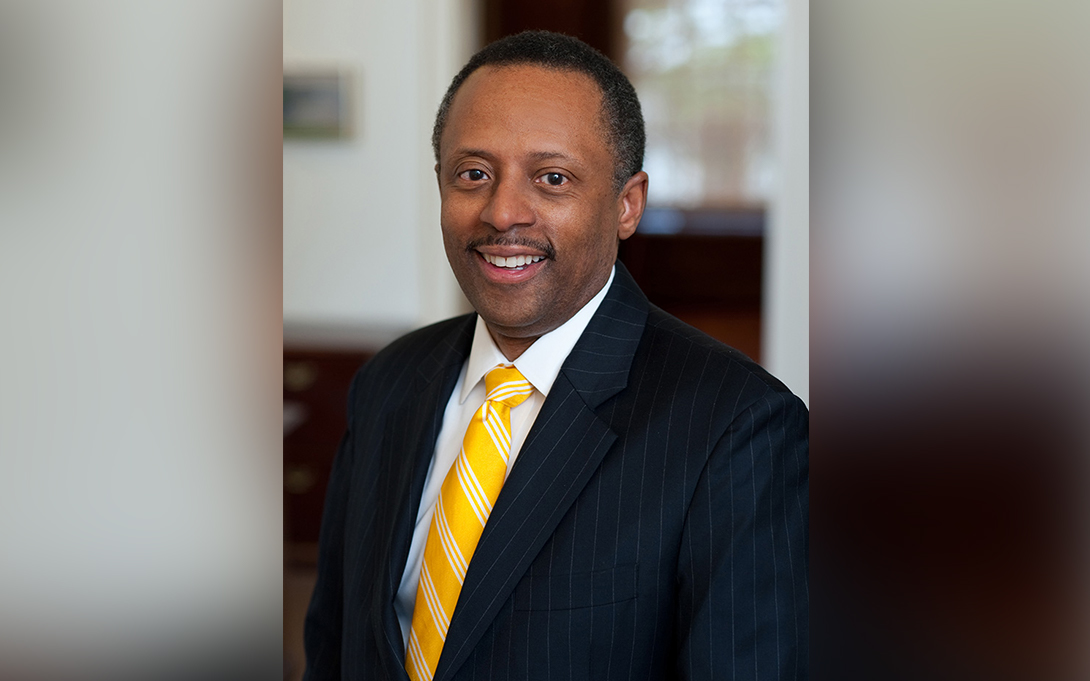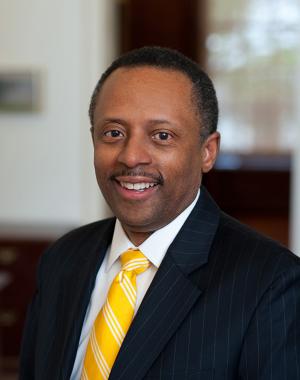
Six foundational values and commitments — independence, collaboration, broad engagement, community relationships, inclusion of all three University of Michigan campuses and Michigan Medicine and material change — will guide the future work of the Inclusive History Project.
The IHP is U-M’s multifaceted, years-long project to study, document and better understand the university’s history with respect to diversity, equity and inclusion.
The project’s Framing and Design Committee has published a design for the Inclusive History Project, which will act as a blueprint and roadmap for the next five years.
The report marks the end of the project’s planning phase and signals the beginning of its efforts to critically reexamine university history so as to propose actions that will lead to a more inclusive present and future. The work outlined in the report will begin in the fall.
“I fully support this journey of institutional self-discovery that is underway,” said President Santa J. Ono. “I am proud to serve and lead at a university that has the courage to look back to the past to better understand the lived experiences of all those in our community, and to look forward today, further committing to our values and goals of a more inclusive future.”
Twenty-two Framing and Design Committee members — including faculty, staff and students representing all three U-M campuses — spent more than six months charting the course of the project. The committee did so by collecting existing work on the university’s history, surveying archives and existing curricula related to the institution’s past, considering questions of memorialization, and engaging communities across the university.
“The report highlights the central priorities and values that must govern the Inclusive History Project’s work and those values thread through the recommendations that are included,” said Earl Lewis, Thomas C. Holt Distinguished University Professor of History, Afroamerican and African Studies and Public Policy and co-chair of the Framing and Design Committee. “This plan is meant to serve as scaffolding for the work to come, with the acknowledgement that as the project progresses, it may build out in new directions.”
Lewis, who also is a professor of history and of Afroamerican and African studies in LSA, professor of public policy in the Gerald R. Ford School of Public Policy, and director of the Center for Social Solutions, co-chairs the committee with Elizabeth Cole, University Diversity and Social Transformation Professor, professor of psychology, of women’s and gender studies, and of Afroamerican and African studies in LSA. Cole is also the director of the National Center for Institutional Diversity, where the IHP is housed.
With 20 recommendations, the committee outlines a research plan and priorities and provides direction for research project sites and related activities, products and processes.
The committee designed a structure for its research into the university’s history that employs an intersectional and thematic approach. The structure will include four essential, overarching themes, called frames, that will persist over the life of the IHP. Within each frame will be several project sites, which will be selected and launched on a rolling basis over the next five years.
For example, project sites within the frame of “Origins and Trajectories” will explore topics including the original Native American land transfer that came with a promise to educate the children of indigenous communities, and the histories surrounding the establishment of UM-Flint and UM-Dearborn.
The organizational structure will allow the project stability through the frames but flexibility through the project sites.
As one of its recommendations, the committee suggests the IHP develop and support a range of opportunities for undergraduate and graduate students to engage with the project, meaningfully contribute to its research activities and learn from its findings.
“There should be many ways for students across U-M’s campuses to be involved with the IHP, including both curricular and co-curricular activities,” Lewis said.
To engage beyond the student body, the committee proposes the IHP establish a fund to provide support for faculty, students and staff on all three campuses to undertake research projects and develop courses, experiential activities and community engagement activities aimed at teaching and communicating U-M’s history.
To drive real cultural change, the committee recommends the historical research and scholarship developed throughout the project be shared broadly through a number of media, including course materials, publications, digital resources and new campus orientations to name a few.
“We must keep our focus on what knowing and engaging with a full, inclusive history of the university will produce,” Cole said. “In other words, what can and should be different in five to 10 years because of the Inclusive History Project?”
This article was written by Lauren Love, Public Affairs
